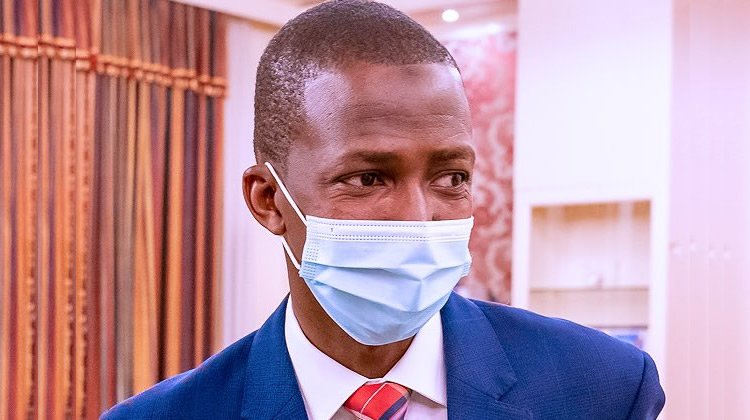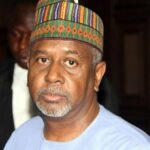
The Chairman of the Economic and Financial Crimes Commission, Mr Abdulrasheed Bawa, has expressed concerns about corruption cases being lost to technicalities in courts, stressing that such a development may serve as a disincentive to the fight against economic and financial crimes.
Bawa stated this on Monday, in Abuja his opening remarks at a three-day capacity building workshop of the EFCC, themed; “Judicial dynamism: A key factor in the fight against economic and financial crimes”, organised for judicial officers, corruption investigators and prosecutors.
According to him, corruption cases being lost on technical grounds have a way of building confidence in corrupt elements and also negatively affecting the image of the judiciary.
He said, “As a commission, we do not expect every judicial decision to go our way, but there are instances whereby the EFCC and many Nigerians have been left at a loss about certain judicial decisions where defendants, who obviously stole our commonwealth and those who aided and abetted them, have been allowed to go home to enjoy the proceeds of their crime on technical grounds. This has the tendency to negatively affect the cherished image of and confidence in the Nigerian judiciary both locally and internationally.
“In the commission, we hold the view that corruption is a plague that does not select its victims. Those stealing and abusing our common patrimony do not wish us well. Judges are as much victims of corruption as the ordinary man on the streets. It is, therefore, in our collective interest that the gains of the fight against corruption are not reversed. This is also why we must aggregate fresh opinions and forge deliberate winning tactics and strategies to stem its ugly tide.
Bawa also commended the President, Major General Muhammadu Buhari (Retd), for signing into law the Money Laundering (Prevention and Prohibition) Act 2022, the Terrorism (Prevention and Prohibition) Act 2022 and the Proceeds of Crime (Recovery and Management, Act, 2022; while expressing optimism that the new laws would serve as significant legal instruments to further strengthen and deepen the anti-corruption war.
Mustapha, who spoke on behalf of the President, charged judicial officers to close the loopholes being exploited in the nation’s laws.
He said, “The President charges judicial officers to consciously aim to plug loopholes being exploited in our laws by critical elements in the country.
Chief Justice of Nigeria, Justice Tanko Muhammad, assured stakeholders that the workshop would identify factors causing impediments to the effectiveness of the EFCC and judiciary.
Copyright PUNCH.
All rights reserved. This material, and other digital content on this website, may not be reproduced, published, broadcast, rewritten or redistributed in whole or in part without prior express written permission from PUNCH.
Contact: [email protected]





